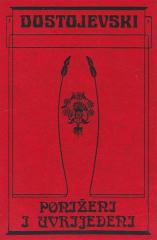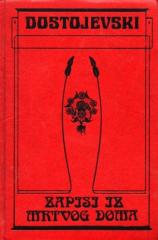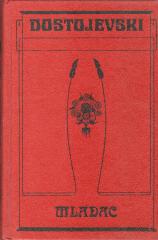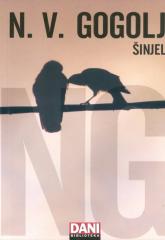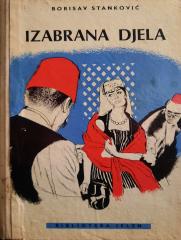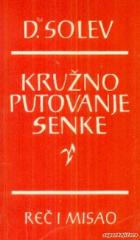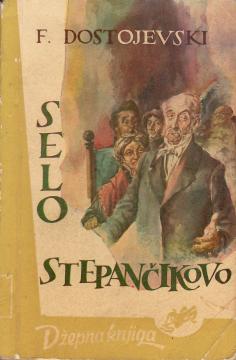
Selo Stepančikovo
„Das Dorf Stepantschikowo“ ist ein humorvoller Roman von Dostojewski, der erstmals 1859 veröffentlicht wurde. Dieser Roman, der sich von den späteren, dunkleren Werken des Autors unterscheidet, ist eine satirische Kritik sozialer Beziehungen und menschlic
Die Geschichte spielt in dem kleinen Dorf Stepantschikowo, wo Oberst Jegor Iljitsch Rostanjew sein Anwesen verwaltet. Nach dem Tod seiner Eltern gerät er unter den starken Einfluss von Foma Fomič Opiskin, einem Schmeichler und Manipulator, der seine Intelligenz und rhetorischen Fähigkeiten nutzt, um Macht über seinen Haushalt und seine Nachbarn zu erlangen.
Rostanjev ist ein guter und edler Mann, aber auch schwach, wenn es um Konflikte geht. Foma Fomič hingegen hält den gesamten Haushalt unter seiner Kontrolle und manipuliert alle Bewohner des Anwesens, einschließlich Rostanjes despotische Mutter, Bedienstete und Gäste.
Die Geschichte wird kompliziert, als Rostanjew seinen Neffen, den jungen Intellektuellen Sergej Alexandrowitsch, zu einem Besuch einlädt. Sergei kommt mit der Absicht, seinem Onkel zu helfen, gerät aber bald in den Strudel von Fomas Intrigen. Die Situation wird noch komplizierter, weil Rostanjev unter dem Vorwand, die „moralische Ordnung“ aufrechtzuerhalten, das bescheidene Mädchen Nastasja heiraten will, was Foma ablehnt.
Obwohl „Das Dorf Stepantschikowo“ weniger bekannt ist als Dostojewskis spätere Werke, bietet es einen interessanten Einblick in die frühen Vorstellungen des Autors über die menschliche Natur und die Gesellschaft. Der Roman verbindet Humor und psychologische Analyse und ist eine humorvolle, aber auch tiefgründige Geschichte über menschliche Schwächen und zwischenmenschliche Beziehungen.
Two copies are available
Copy number 1
- Blago oštećenje korica
